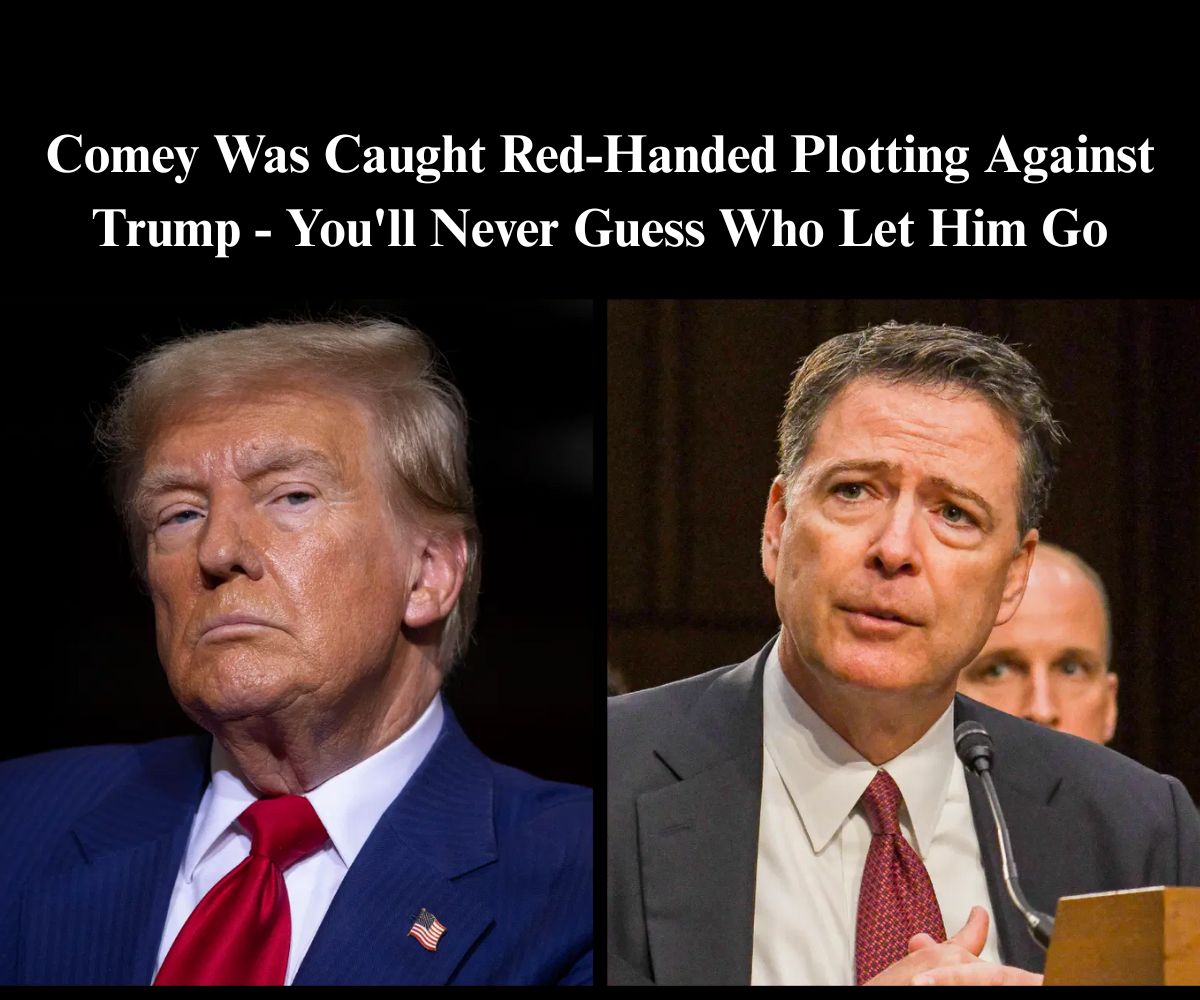Newly declassified FBI memos suggest former Director James Comey authorized classified leaks to reporters before the 2016 election, contradicting his sworn testimony to Congress and intensifying scrutiny over how the bureau handled politically sensitive information.
The memos, involving former FBI general counsel James Baker and chief of staff James Rybicki, were discovered earlier this year by current Director Kash Patel. Initially redacted by the Justice Department, the passages were unsealed after Attorney General Pam Bondi intervened, officials said to Just the News.
One summary memo revealed that U.S. Postal Inspection Service agents concluded Baker disclosed classified material to The New York Times in October 2016 because he believed he was “ultimately instructed and authorized” by Comey. Baker said Rybicki delivered the order, which he understood came directly from Comey.
“These newly declassified memos show how former FBI leadership authorized classified leaks and withheld the truth from Congress and the American people,” Patel said. “Thanks to President Trump’s commitment to transparency, the cover-up is being exposed. The public deserves nothing less than full accountability.”
Bondi called the conduct “abhorrent” and has assembled a strike force to investigate. Her deputy, Harmeet Dhillon, said potential charges could include deprivation of civil liberties under color of government authority.
Patel has also opened a broader criminal inquiry into a decade of intelligence abuses, treating the leaks as part of an ongoing conspiracy stretching from the Russia collusion probe to the Mar-a-Lago raid.
The stakes could be more than historical. Legal experts note the five-year statute of limitations for federal crimes can extend to 10 years for espionage-related leaks that harm national security or if part of an ongoing conspiracy.
“The Trump DOJ can open up a criminal probe that investigates this malicious disclosure of classified information that harms our national interest,” said Mike Davis, a former top Senate Judiciary Committee lawyer.
The memos indicate the leaks were examined by multiple prosecutors, including the U.S. attorney’s office in Washington, D.C., and later by special counsel John Durham. Both declined to bring charges at the time.
Still, the documents raise questions about Comey’s testimony.
In May 2017, Senate Judiciary Committee Chairman Chuck Grassley, R-Iowa, asked Comey whether he had ever been a source for reporters or authorized anyone else at the FBI to do so. Comey answered “Never” and “No.” Asked if classified information related to Trump had ever been shared with journalists, Comey responded, “Not to my knowledge.”
The declassified files suggest otherwise. Investigators identified Baker as one of two government sources for a Times story on Halloween 2016 titled “Investigating Donald Trump, FBI Sees No Clear Link to Russia.” They also tracked a March 2017 Times article rejecting Trump’s claim of wiretaps, noting Rybicki forwarded a proposed statement from Comey to his personal email, raising concerns about another possible leak.
By late 2017, Durham completed his review and recommended no prosecution. The FBI’s Washington field office later reopened aspects of the inquiry, but prosecutors again declined charges in 2020.
The revelations fit into a broader pattern. DOJ inspector general Michael Horowitz faulted Comey in 2019 for leaking his own memos after being fired by Trump, calling the move a violation of policy and an effort to spur the appointment of a special counsel. Columbia University professor Daniel Richman admitted to serving as Comey’s media conduit to the Times, telling investigators he could not be “100% certain” he never passed along classified material.
Comey has long denied wrongdoing, insisting he was targeted for standing up to Trump.
Despite years of leak investigations — with code names like Tropic Vortex, Arctic Haze, and Foggy Falls — the FBI never secured prosecutions. But the memos now paint a clearer picture of how top bureau officials allegedly manipulated the media narrative at a critical political moment.
“There must be accountability for those who were entrusted with safeguarding our nation’s secrets and failed to do so,” Bondi said.
